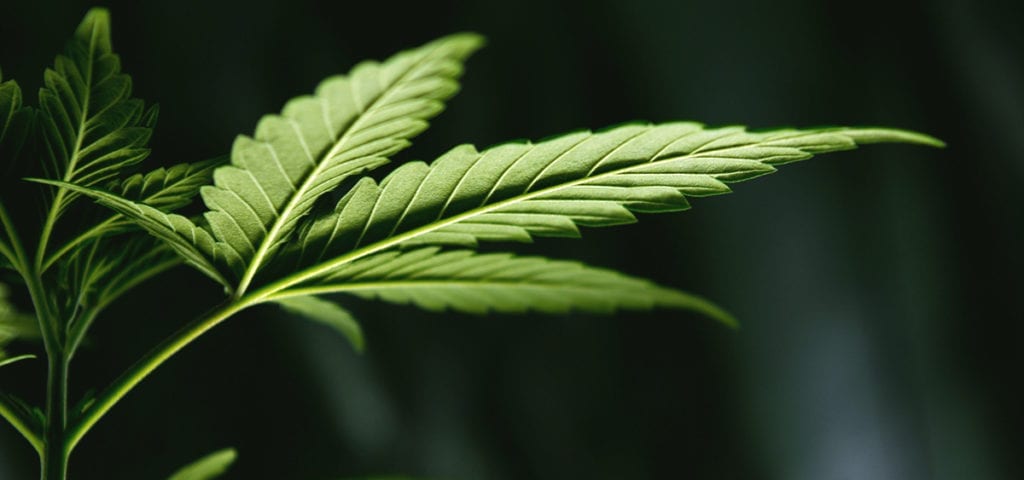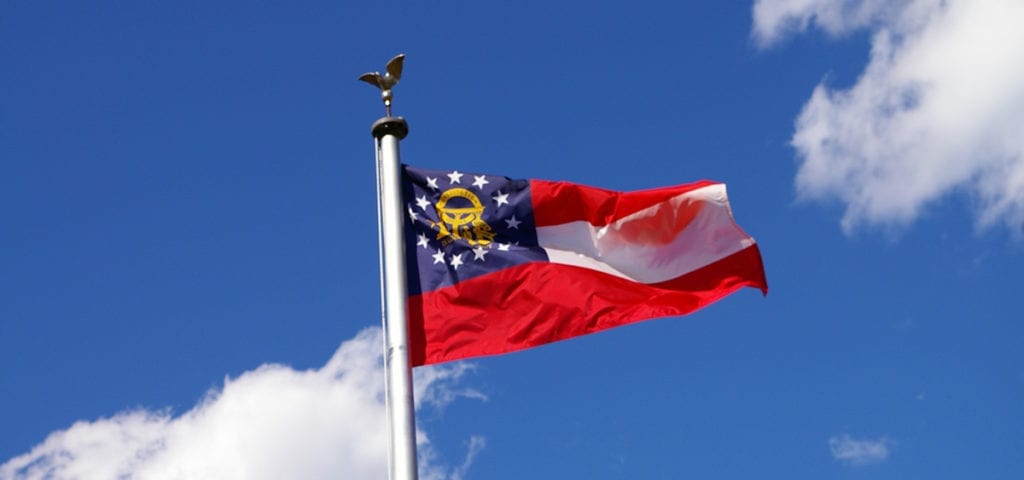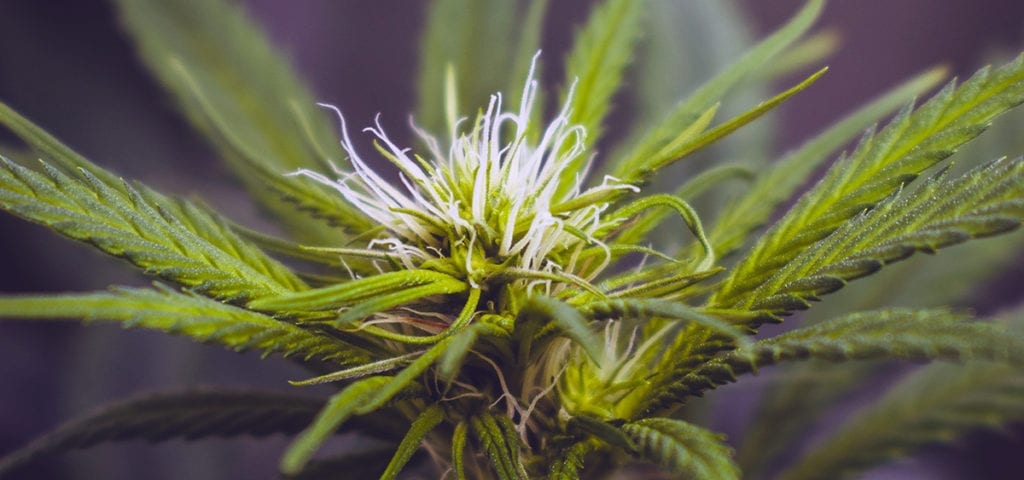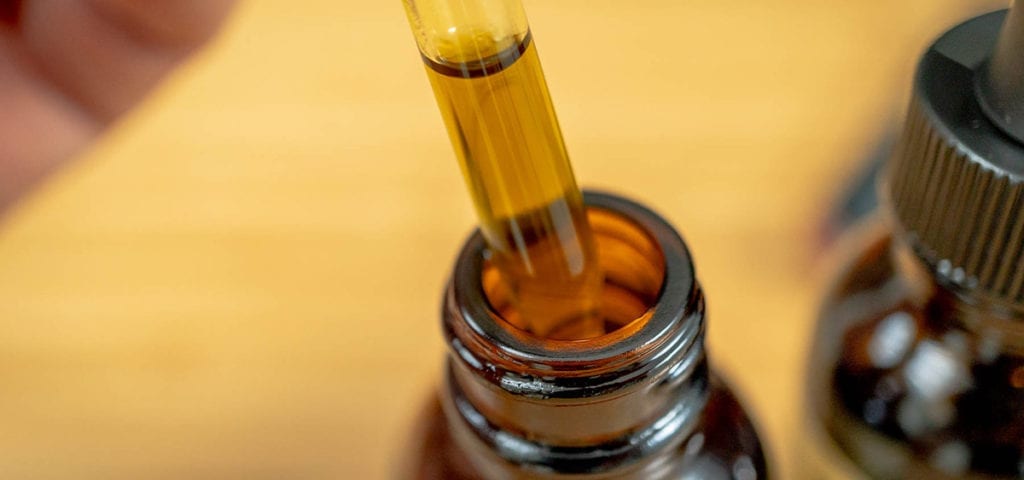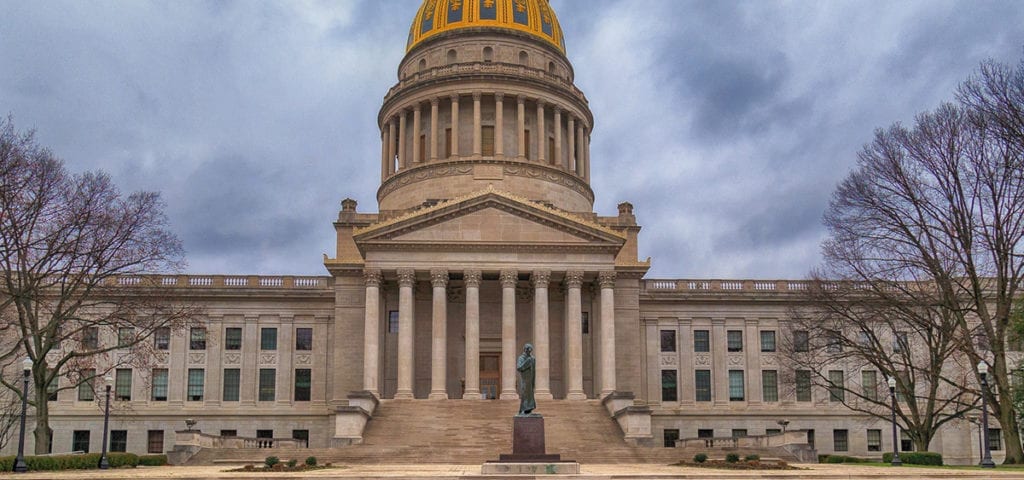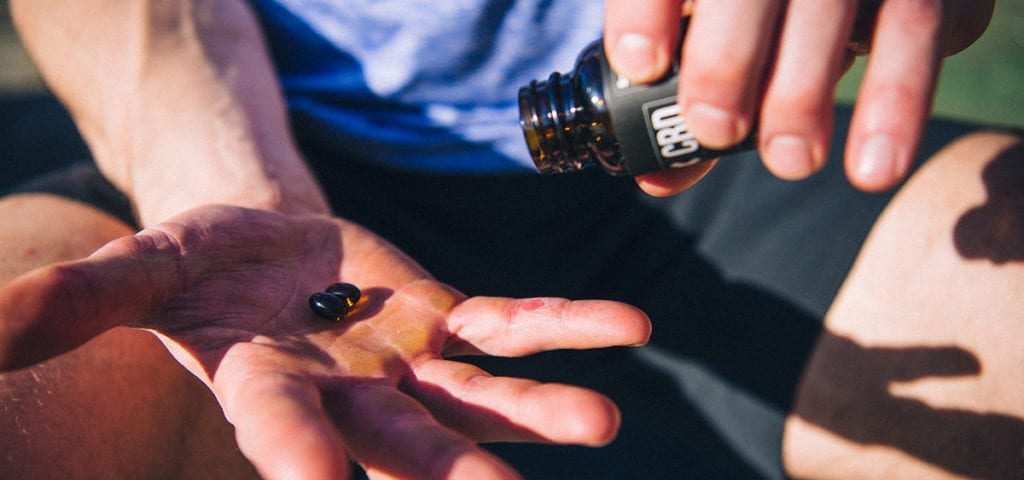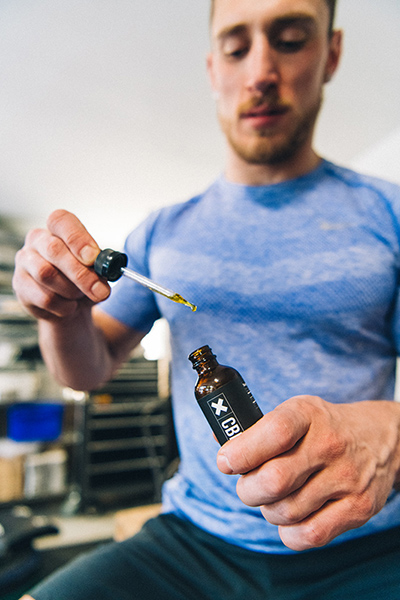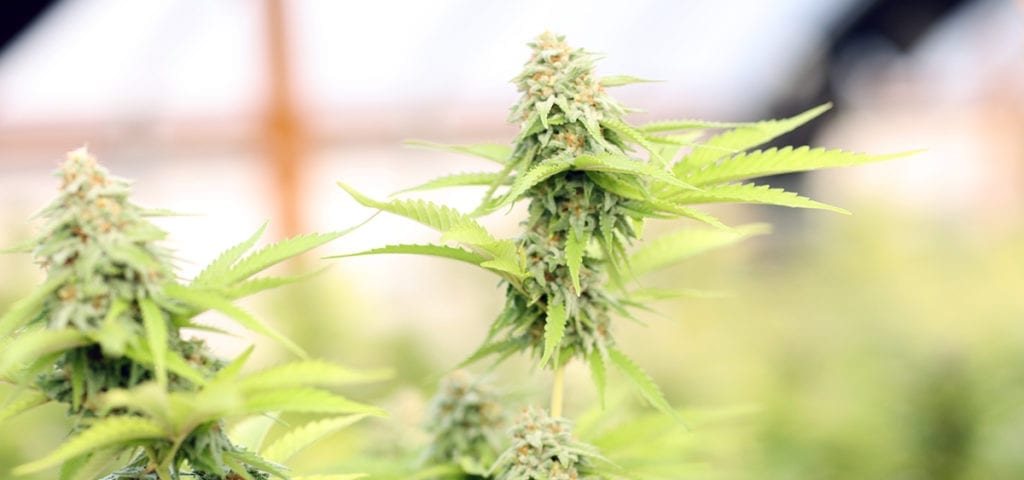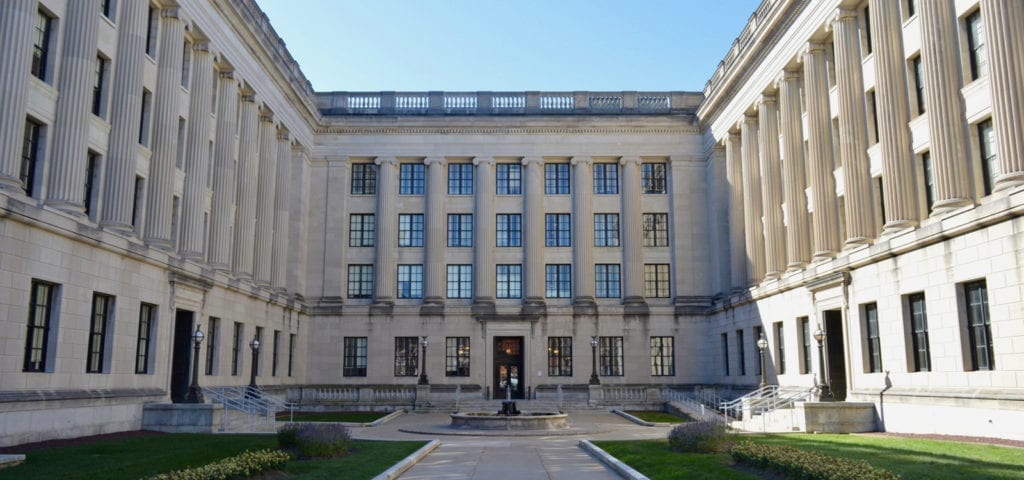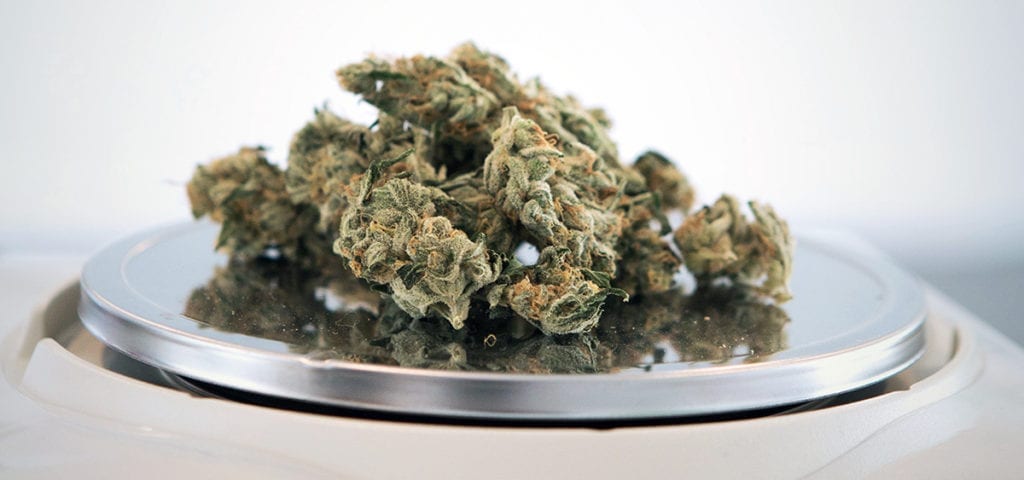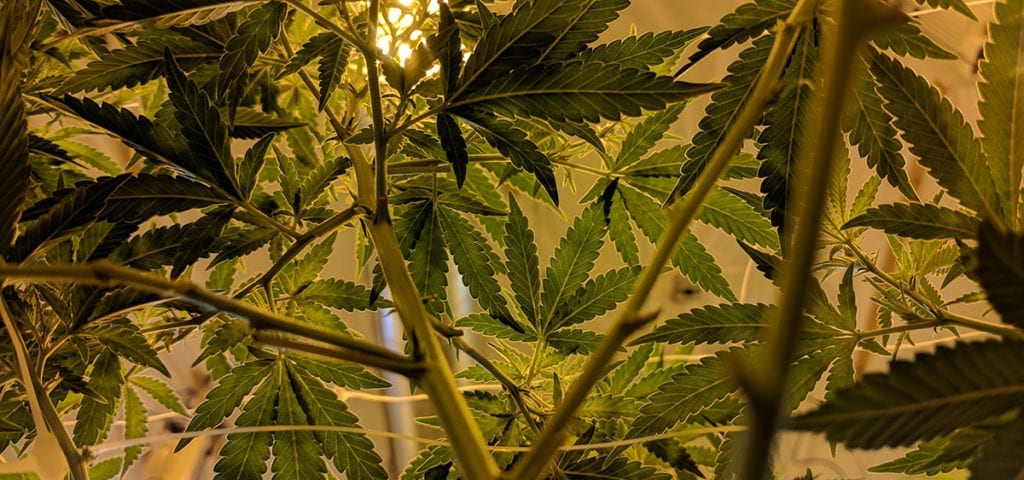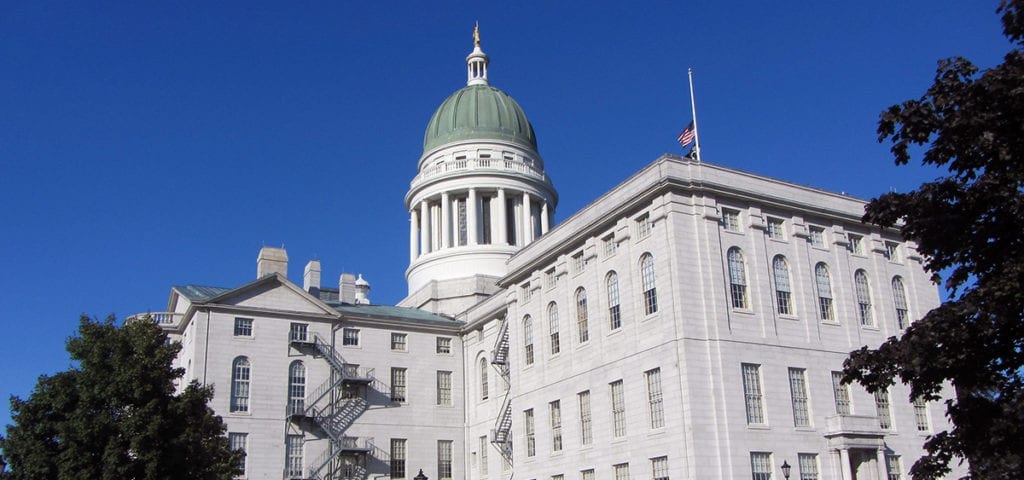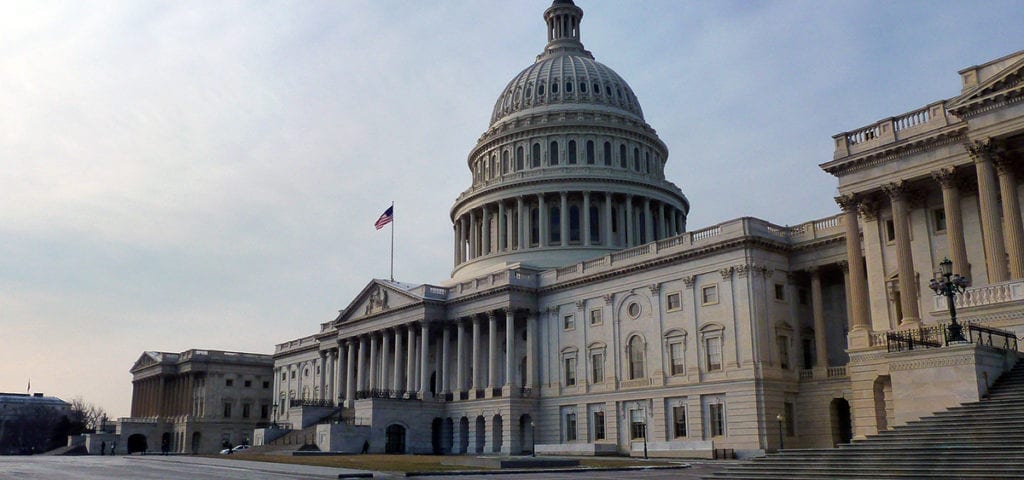At least two Canadian banks are refusing to do business with U.S.-based cannabis companies due to cannabis’ Schedule I status under U.S. law, according to a Bloomberg report. Both Bank of Montreal and Toronto-Dominion are refusing to provide services to the companies until federal law changes in the U.S.
Canada legalized adult-use cannabis last year.
U.S. lawmakers are considering legislation to strengthen the Tenth Amendment – known as the STATES ACT – which would exempt the Controlled Substances Act from applying to state-approved cannabis programs; but, according to Cowen analyst Jaret Seiberg, that law might not be enough to convince banks to work with the sector.
Instead, Seiberg said the SAFE Act – which would allow banks to work with state-legal cannabis companies – would be a better prospect for getting Canadian financial firms on board with working with U.S. cannabis companies.
Other Canadian banks are willing to serve Canadian companies with reach into the U.S. The Bank of Montreal worked with Canopy Growth Corp on a $150 million equity financing deal, while Bank of Nova Scotia and Royal Bank of Canada have advised some firms on takeovers. Bank of Montreal CEO Darryl White indicated that the bank would be willing to do business with U.S.-only cannabis firms if U.S. law is changed.
“We’ll look at it then, but we have nothing in our business plans today that is dependent on pushing our cannabis business into the United States.” – White, during a press conference after the bank’s annual meeting, via Bloomberg
Toronto-Dominion CEO Bharat Masrani said the bank would re-consider its position if the SAFE Act is approved in the U.S. The institution has so far declined to do any investment or banking deals with any cannabis firms.
“We would not be partaking in that business as the laws are currently. Depending on what comes out, we’d look at it and make sure it is appropriate for TD in terms of our risk appetite and whether it’s right for our customers.” – Masrani, during a press conference, via Bloomberg
The SAFE Banking Act has not yet been scheduled for a vote in either legislative chamber.
End



